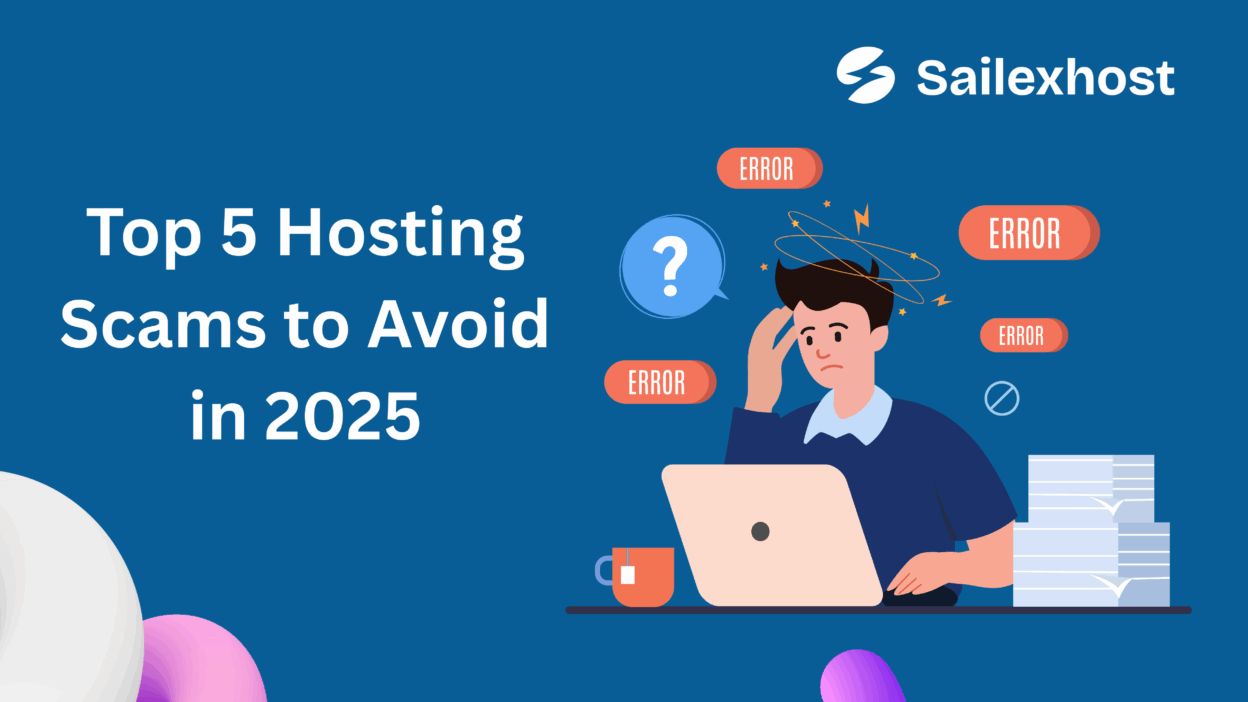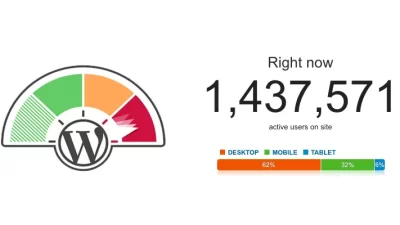As the digital world continues to evolve, so do the tactics of cybercriminals and shady hosting providers. Whether you’re a small business owner launching your first website or a seasoned developer managing multiple sites, your hosting provider is the backbone of your online presence. Unfortunately, not all hosting companies have your best interests at heart.
In 2025, hosting scams are becoming more sophisticated — preying on both technical ignorance and misplaced trust. In this blog post, we’ll expose the top 5 hosting scams to avoid in 2025, how to recognize them, and most importantly, how to protect yourself.
1. “Unlimited” Hosting That’s Actually Limited
The Scam:
Many hosting providers lure customers with promises of “unlimited” bandwidth, storage, or websites. However, buried deep in the terms of service, there’s usually a “fair usage” policy that limits your resources drastically.
What Really Happens:
Once your website starts gaining traction or uses more CPU, RAM, or inodes than the provider deems “reasonable,” they’ll either throttle your site’s performance, suspend your account, or pressure you into upgrading to an overpriced plan.
How to Spot It:
- Look for vague language like “unmetered” or “unlimited” without clear definitions.
- Check the Terms of Service or Acceptable Use Policy for “soft” limits.
What to Do Instead:
Choose hosts that are transparent about their resource allocation. Cloud hosting platforms like DigitalOcean, Cloudways, or managed WordPress services like Kinsta and WP Engine clearly outline what you’re getting.

Fake Reviews & Affiliate-Driven Endorsements
The Scam:
The top hosting recommendation lists on Google or YouTube might look like they’re helping you, but many are driven purely by affiliate commissions. The top-ranked hosts are often not the best, just the most generous with payouts.
What Really Happens:
You get funneled to subpar providers who prioritize affiliate deals over actual customer service. Some websites even use AI-generated reviews or create fake personas to promote a specific host.
How to Spot It:
- Identical or overly positive reviews across multiple sites.
- No mention of downsides or real user experiences.
- Generic “Top 10 Hosting” blog posts with affiliate links everywhere.
What to Do Instead:
Read reviews on independent forums like Reddit’s r/webhosting or Trustpilot. Look for balanced feedback that covers both pros and cons.
3. Domain Hijacking Through Shady Hosting Bundles
The Scam:
Some hosting companies offer a “free domain” with their hosting — sounds great, right? But often, they register the domain under their name, not yours.
What Really Happens:
If you try to leave, the host can hold your domain hostage or charge an exorbitant fee for a domain transfer. In some cases, they’ve even resold domains when clients tried to cancel.
How to Spot It:
- The domain is “free” but doesn’t appear in your registrar account.
- The registrar listed on WHOIS is the hosting company, not you.
What to Do Instead:
Buy your domain separately from a trusted registrar like Namecheap or Google Domains. Always make sure you are listed as the registrant in WHOIS.
4. Introductory Pricing Traps
The Scam:
You see a deal that looks amazing — $2.99/month hosting! But that’s just for the first year. When renewal time comes, the price jumps by 200–300%.
What Really Happens:
You’re locked in by the time you realize the real cost. Migrating to a new host takes time and technical skill, so most users just stick with the inflated price.
How to Spot It:
- Fine print that says “renews at $9.99/month” or similar.
- Heavily discounted 36-month plans with no clarity on what happens after.
What to Do Instead:
Check both the introductory and renewal prices before signing up. Be wary of any host that won’t clearly publish these numbers on their pricing page.
5. Hidden Fees and Forced Upgrades
The Scam:
Your basic hosting plan seems sufficient — until you realize everything is an add-on: SSL certificates, backups, email accounts, even customer support.
What Really Happens:
You end up paying far more than advertised just to get basic features. In worse cases, they might deliberately let your site run slowly to coerce an upgrade.
How to Spot It:
- SSL is not included (Let’s Encrypt is free — no excuse here).
- Basic features like backups or email accounts cost extra.
- Support is limited to “community forums” unless you pay.
What to Do Instead:
Choose providers that include core features in their base plan. For example, Sailexhost.com includes daily backups, SSL, and email in all plans, while Hostinger offers competitive pricing with generous inclusions.

How to Protect Yourself From Hosting Scams
Here are some universal tips to keep you safe:
- Research Thoroughly: Don’t trust “top hosting” lists without double-checking on neutral platforms.
- Read the Fine Print: Always read terms of service, especially regarding usage limits, domain ownership, and renewal fees.
- Avoid Bundles That Are Too Good to Be True: Especially anything “free” — it usually comes with strings attached.
- Use Reputable Registrars: Keep domain and hosting separate for control and flexibility.
- Trust Real User Reviews: Look for forums, YouTube videos with real walk-throughs, and review platforms with verified buyers.
Conclusion: Choose Wisely, Host Smartly
In 2025, your hosting provider isn’t just a technical service it’s a strategic partner in your digital success. Falling for a scam can cost you time, money, and credibility. By staying informed and skeptical of too-good-to-be-true offers, you’ll make smarter decisions and build a more secure, reliable online presence.
If you’re still unsure which host to go with, feel free to drop a comment below, and I’d be happy to guide you based on your needs!



